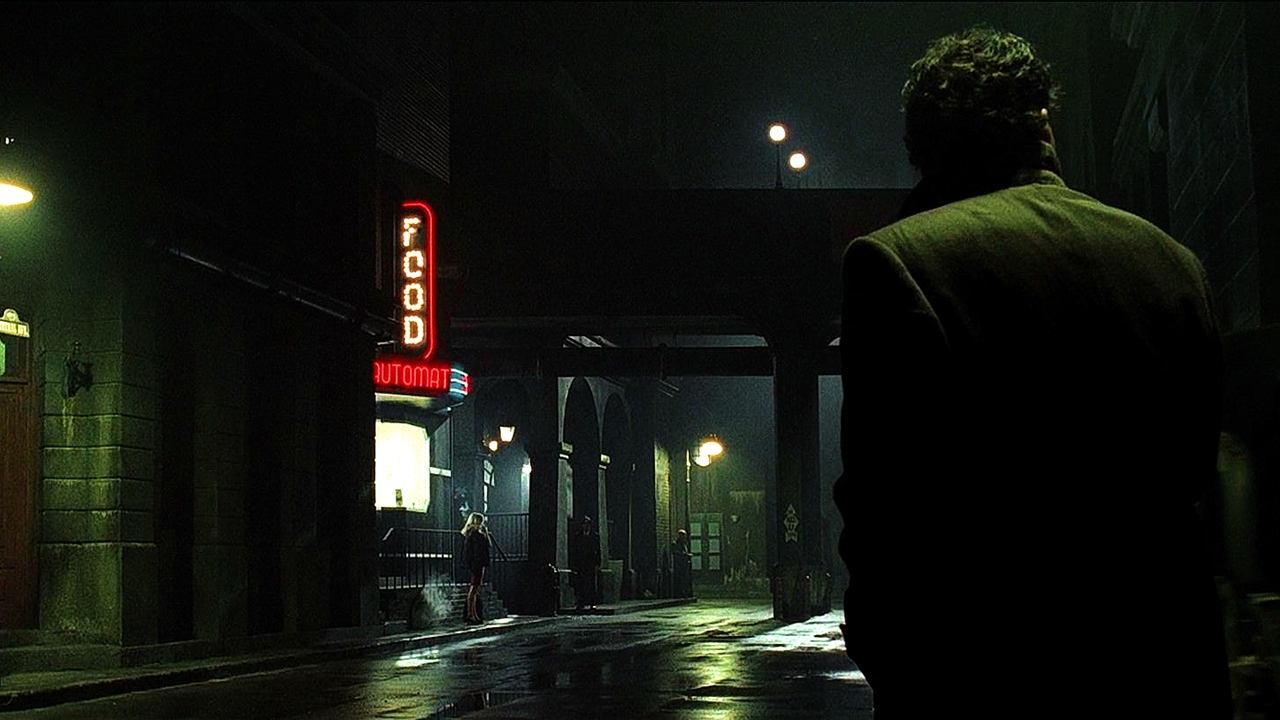
 Dark City
— They built the city to see what makes us tick. Last night, one of us went off.
Dark City
— They built the city to see what makes us tick. Last night, one of us went off.
Dark City

A man struggles with memories of his past, including a wife he cannot remember, in a nightmarish world with no sun and run by beings with telekinetic powers who seek the souls of humans.








This movie + "The thirteen floor" + machine war (Terminator) = The Matrix